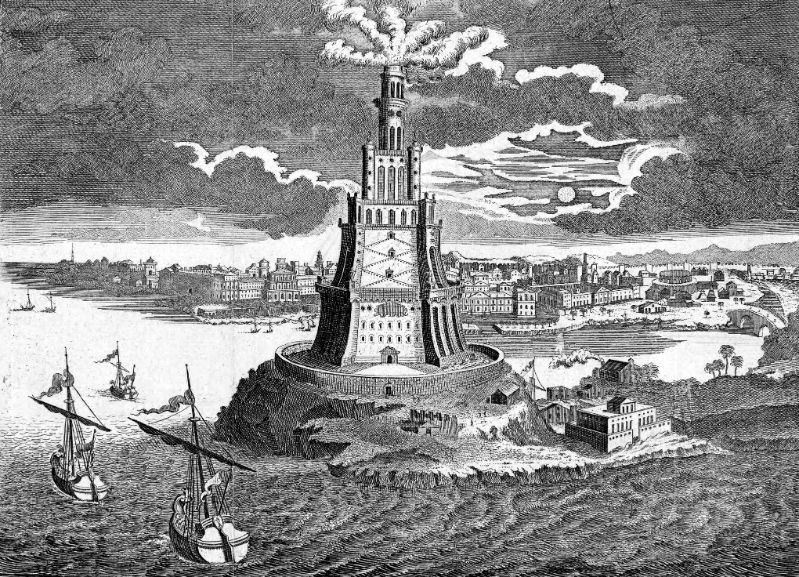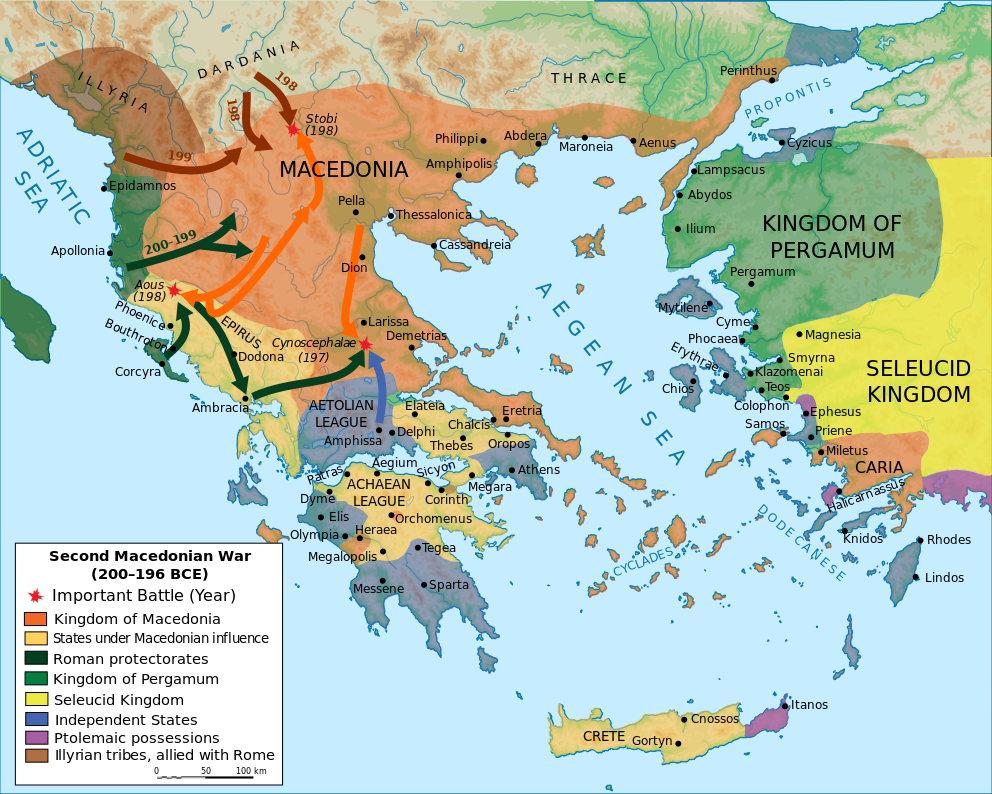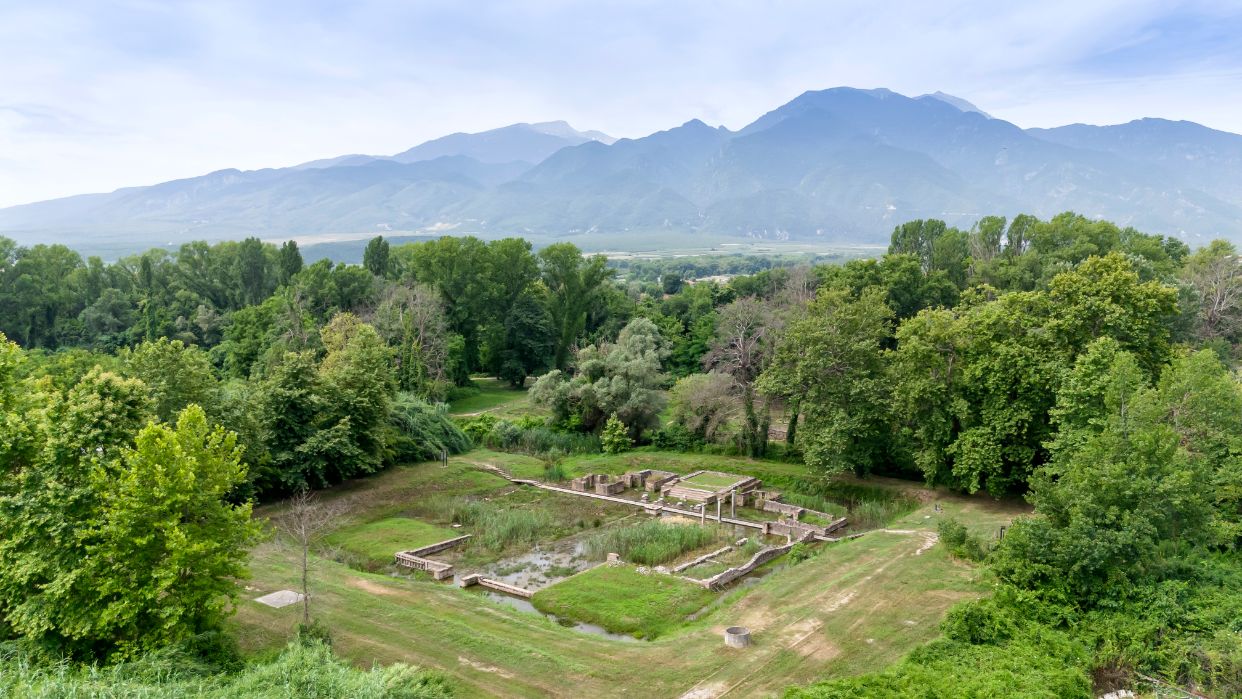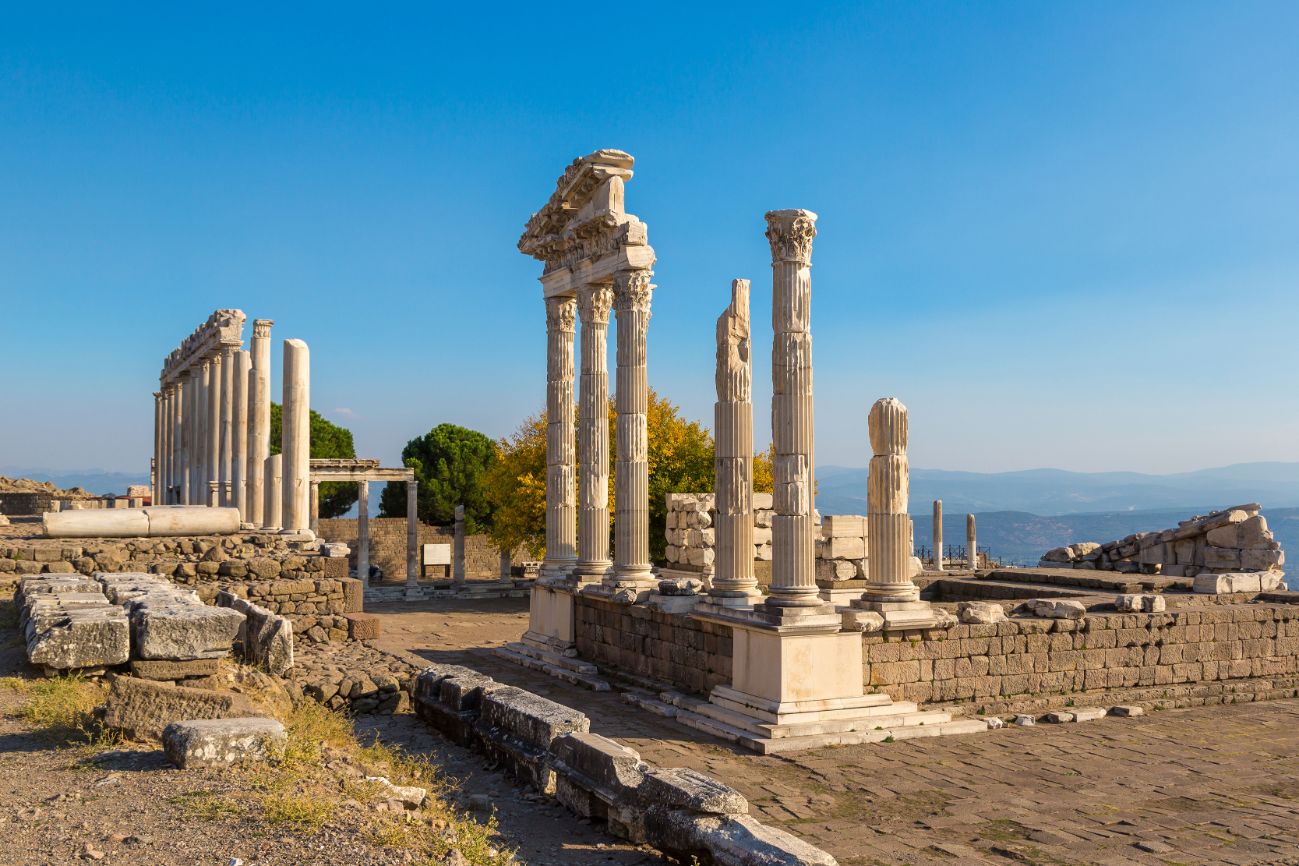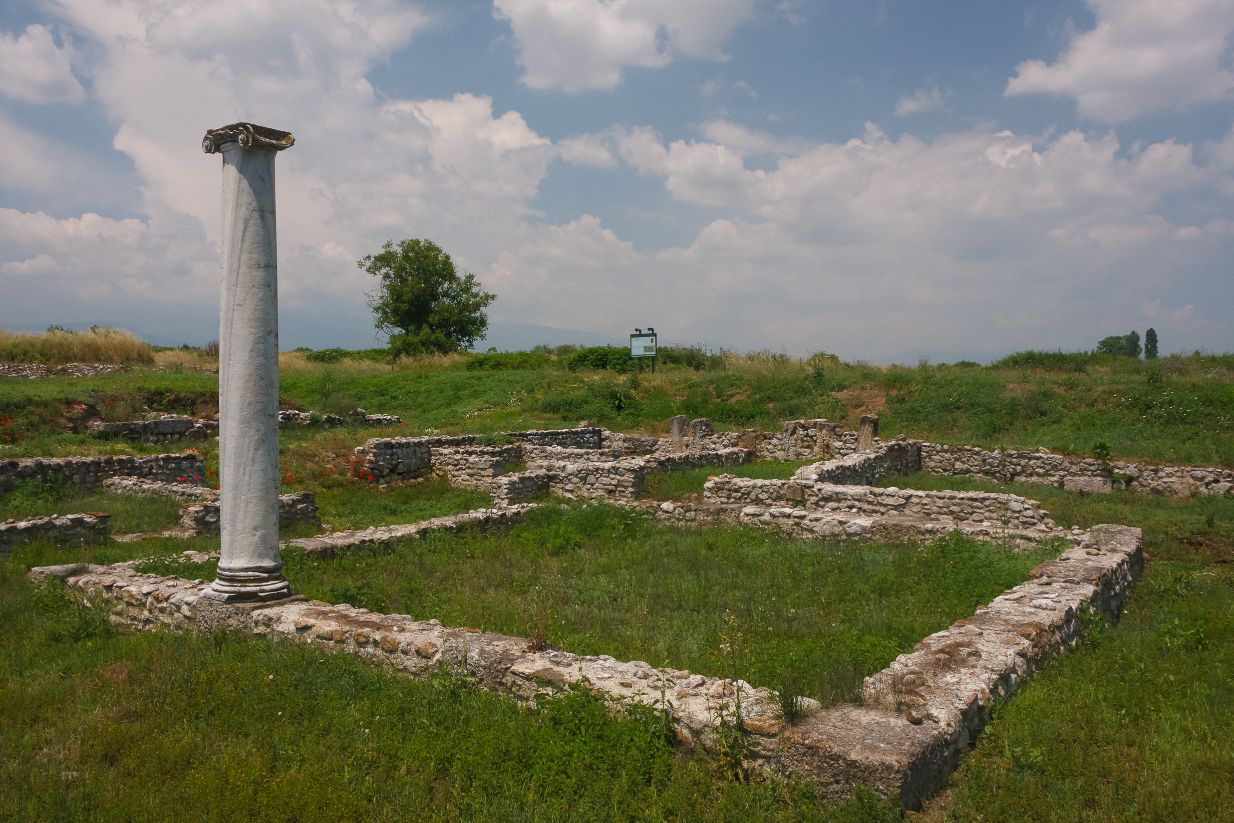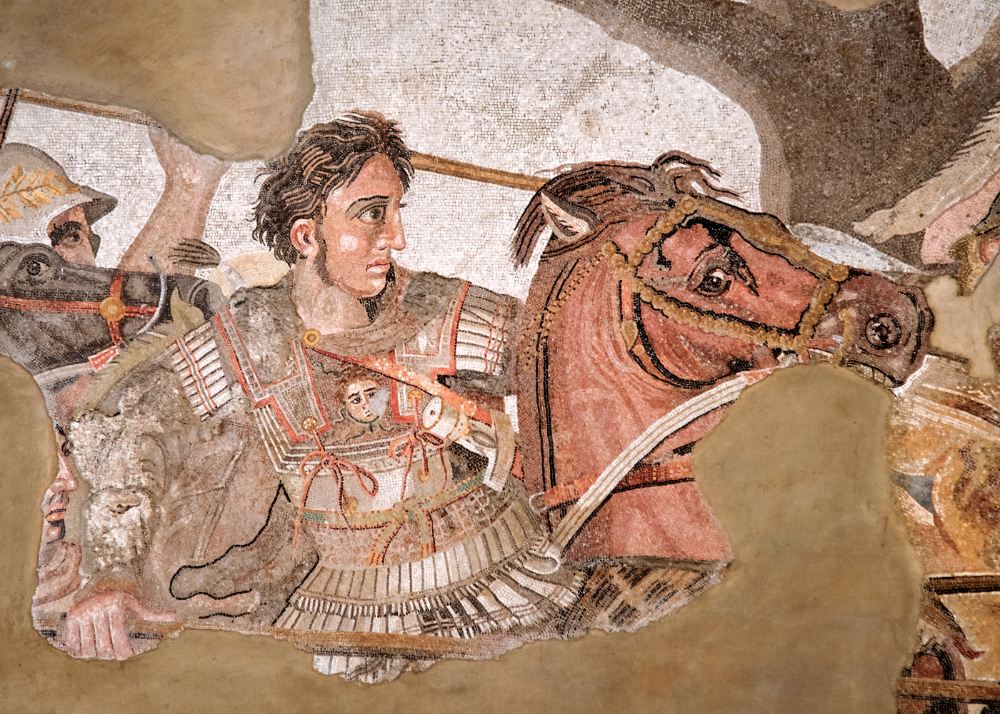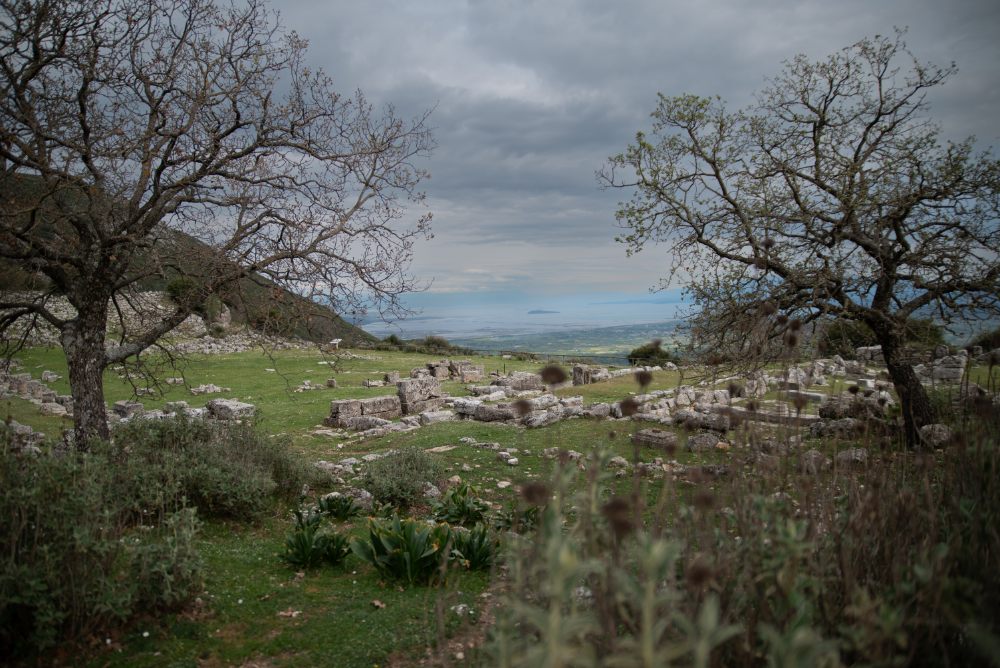A Beacon of Hellenistic Culture
The founding of Alexandria in 331 BC is a significant historical event marking the legacy of Alexander the Great and the Hellenistic era. Alexander, during his extensive conquests, recognized the strategic importance of the site located on the Mediterranean coast of Egypt. He envisioned Alexandria as a cosmopolitan city that would serve as a beacon of Greek culture, thought, and commerce.
The city was established on the shores of Lake Mareotis, benefiting from access to the sea and fertile land. Its design was attributed to the architect Dinocrates of Rhodes, who implemented a grid layout to facilitate urban planning. Alexandria quickly became a crucial hub for trade, attracting merchants and scholars from various regions, thus enhancing its position as a cultural melting pot.
One of the city’s crowning jewels was the Library of Alexandria, which aimed to collect knowledge from across the known world, preserving and advancing significant works in literature, science, and philosophy. This intellectual center became a gathering place for thinkers like Euclid and Archimedes, profoundly influencing future generations.
Alexandria’s cultural and economic prosperity continued through the Ptolemaic dynasty, established by one of Alexander’s generals, Ptolemy I Soter. The city maintained its status as a center of learning and culture throughout the Hellenistic period and beyond, merging Greek and Egyptian traditions.
Overall, the founding of Alexandria laid the groundwork for a city that would endure through the centuries as a symbol of knowledge, culture, and the lasting impact of Alexander the Great’s vision for a unified world.

